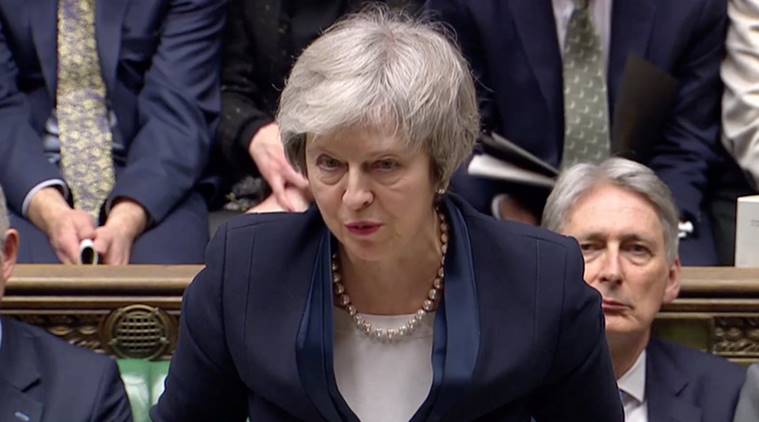The lessons from Brexit
From virtues of parliamentary system to fate of liberal democracy, much is on test.

The events that took place in the UK parliament on January 15 and 16 were the latest in the Brexit chaos that nears its end as the hard deadline for exiting the European Union — March 29 — approaches. If a formal deal with the EU were to be reached, which seems difficult given the odds, the divorce will be an orderly one. If no deal takes place, the separation will happen regardless, but it would be followed by a mass of confusion and considerable headache for the UK government.
After the British people voted on June 23, 2016 by a slim majority to exit the EU, then Prime Minister David Cameron of the Conservative Party resigned his office as well as party leadership. The Conservatives elected Theresa May as their new leader and she became prime minister. On May then fell the arduous task of initiating the Brexit process and negotiating a deal with the EU. As negotiations proceeded, in April 2017, May called for a snap general election believing that she will get a fresh mandate, which would strengthen her position in EU negotiations.
The move was a disaster. She lost majority in parliament, the Labour Party under Jeremy Corbyn made considerable gains and May had to find a coalition partner, the Democratic Unionist Party, to run her minority government. The election outcome weakened her hand rather than strengthening it.
This also gave advantage to the EU leadership, who have naturally wanted to punish the UK, not least because it helps them undercut doubts regarding the strength and desirability of their supranational project. But it also opened fissiparous tendencies within the Conservative Party, with MPs rebelling, challenging May’s leadership and publicly dissociating themselves from the May-led Brexit process. Besieged, May negotiated a 585-page withdrawal agreement — the Brexit Deal — and sought its parliamentary ratification.
On voting day, January 15, May volunteered to face a no-confidence motion against her government if the deal was rejected. It was. By an epic margin of 230, the biggest defeat of a government policy since 1924. Many Conservative MPs voted against their own prime minister’s plan. Next, Corbyn introduced the no-confidence motion, which was voted down on January 16. This time, the Conservatives voted to save their government. The outcome: A much humiliated and weakened May left to ensure an exit that will not be disgraceful.
So what are the lessons of this drama?
First, and facetiously, Britain can’t seem to get its exits right. On the morning after the deal was voted down, a strategist friend said it also messed up its exit from the Subcontinent in the 1940s. Add Palestine to the list. Second, but seriously, May’s success in overseeing Brexit under some kind of a deal is crucial to the ongoing struggle for acceptance of women in high politics. Only the second woman PM of Britain, May has been lampooned and abused in the media, called a “Maybot” and a “supplicant”. Her male detractors in the Tory party, such as Boris Johnson, have sought to undermine her leadership, suggesting dissatisfaction with her leadership but also betraying misogyny. She may have made political blunders, but May’s singular feature has been her grit amidst all the abuse. It is imperative, therefore, that she sees Brexit through.







































No hay comentarios:
Publicar un comentario